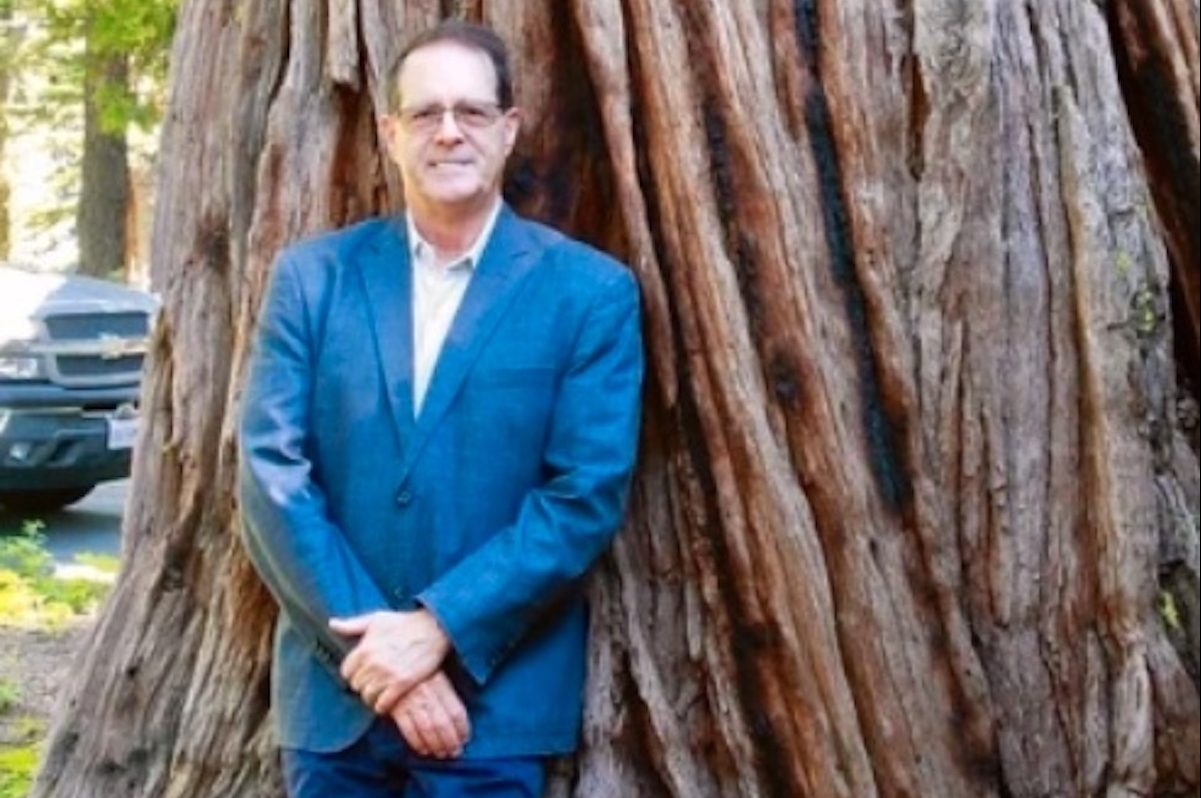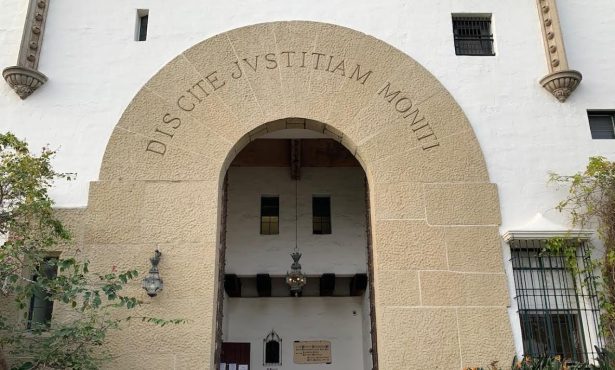Santa Barbara Culture Warrior Files Federal Lawsuit
Claims School Districts Violated His First Amendment Rights

The most banned book in the United States over the past two years — not to mention most complained about and most yanked from library shelves — has been the graphic novel Gender Queer: A Memoir, by Maia Kobabe, which details the author’s adolescent odyssey from bisexual girl to nonbinary personhood. But when Thomas Cole, a fixture among Santa Barbara’s conservative cultural warriors, sought to object to the book being stocked on the shelves of a public school library last September, pretty much everything that could go wrong did.
For starters, Cole and his band of conservative co-conspirators got the wrong school — they showed up at Monte Vista Elementary in the Hope Elementary School District instead of Santa Barbara High School, where the book was, in fact, stocked on library shelves. Cole was also erroneous in his contention that the book was a textbook; it was not. And finally, police were called by Monte Vista Principal Hans Rheinschild, who objected that Cole and his associates were trespassing on school property, handing out anti-porn pamphlets that showed sexual graphics from the book, and refusing to leave. At that time, the campus was holding a school pride celebration. No arrests were made as Cole and crew reportedly retreated — according to school officials — to the sidewalk in front of Monte Vista.
Last week, Cole filed an everything-and-the-kitchen-sink federal lawsuit against Rheinschild; Hope School District Superintendent Anne Hubbard, who also had threatened to call the police; Santa Barbara Unified School District Superintendent Hilda Maldonado; the Santa Barbara County Education Office and its Superintendent Susan Salcido; the Santa Barbara County Board of Supervisors; the California Department of Education; and the California State Board of Education. The suit charged that all these people and institutions had violated his First Amendment rights.
In addition, Cole claimed the abovementioned parties had conspired to defame him, slander him, intentionally inflict emotional distress upon him, and make him fear for his physical safety. According to Cole’s attorney, Jonathan McKee, Cole had never set foot onto the Monte Vista school property but instead had sought to pass out leaflets to parents from the public sidewalk in front of the school. Cole, McKee stated, “is a private citizen who is concerned with the public school’s hyper-sexualization of minor children.” He was hoping “to inform parents that sexually explicit material is made available to minor children within the confines of school property.” Cole, McKee noted, had used “blocking icons to cover genital and orifice areas depicted on the cartoon drawings of persons engaging in exploratory sexual activities.” Once police were called, McKee added, Cole “immediately retreated from the public sidewalk to his own private automobile in fear of public humiliation and physical harm by a no-questions-asked, face-in-the-dirt wrongful arrest.” In so doing, McKee claimed that Rheinschild and Hubbard “browbeat Plaintiff with authoritative pontifications” and effectively “squelched and stomped out Plaintiff’s right to speak freely without fear of harm.”
For all this, Cole is demanding an unspecified amount of money. Craig Price, who represents the Santa Barbara Unified School District among other public educational entities, responded to Cole’s lawsuit with undisguised weariness. “In my estimation, this is a nonsensical lawsuit that doesn’t appear to have been filed for anything but political purposes,” Price stated.
Cole, who has tussled frequently with the Santa Barbara School Board over issues involving race, sex, and gender, is represented by an attorney who in 2014 was declared by Judge Colleen Sterne to be what’s known as “a vexatious litigant.” That was before McKee was admitted to the bar. Translated, Sterne meant McKee had filed numerous legal motions in the same dispute that had no merit, but were done with the intent to annoy, overwhelm, and otherwise harass the opposing party. McKee appealed Sterne’s ruling — which barred McKee from filing any further legal motions without clearing it with her first — to the court of appeals in Ventura. There, the panel of judges ruled against McKee and upheld Sterne’s ruling.



